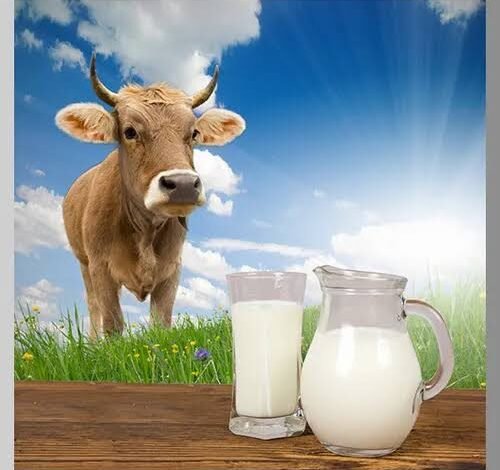Packaged Milk Replaces Traditional Home Milk in Kashmir

Srinagar, Jan 21, : The traditional practice of keeping cows at home in Kashmir is steadily fading, leading to a decline in the availability of home-produced milk. Most people now rely on packaged milk or milk supplied by dairy farms.
Experts attribute this shift to urban lifestyles, scarcity of land, and the challenges of maintaining livestock. While some rural areas still uphold the tradition, it has nearly vanished in cities and towns.
Urban residents point out that keeping cows has become impractical due to time and space constraints. “Nowadays, most people buy milk from the market as it is convenient and saves time,” said a resident, Fahad Ahmad.
However, health and nutrition experts have raised concerns over the quality of market milk. They argue that home-produced milk is healthier and more nutritious. Dr. Shabir Wani, a nutritionist from Kashmir, stated, “Market milk carries risks of adulteration and lacks nutritional value, whereas home-produced milk is pure and beneficial.”
This shift not only reflects the impact of urbanization but also affects the rural economy, where livestock rearing was once a vital source of livelihood. It has also influenced Kashmir’s traditional agrarian culture, where cow rearing held a significant place.
Experts suggest that the government should encourage milk production and livestock rearing in rural areas to ensure the availability of pure milk and preserve traditional lifestyles.





